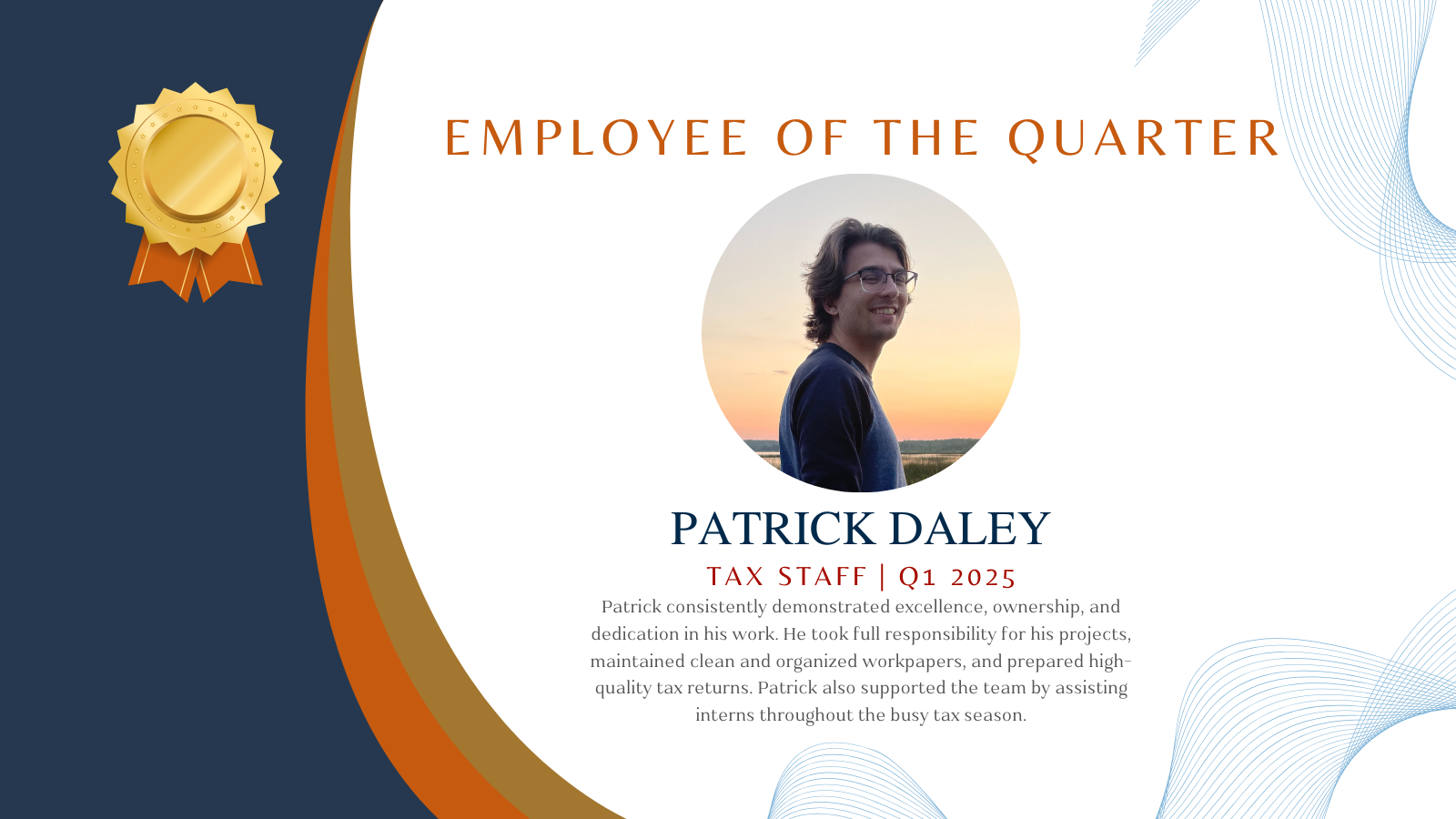If you have a passthrough entity (Partnership, LLC, S Corporation) and would like the opportunity to make the Passthrough Entity Tax election for 2025, you have a California PTET deposit due for your entity on Monday, June 16th.
- If your entity made the election in 2024, your PTET deposit due on June 16th is 50% of your total 2024 Passthrough Entity Tax amount. You can find this amount on Form 3893 (PTE) in your 2024 California business entity tax return: it will indicate a due date of June 16th.
- If your entity did NOT make the election in 2024, you need to make a payment of $1,000 by June 16th for the opportunity to elect in 2025. This voucher is Form 3893 (PTE).
- If your entity has not yet filed its 2024 tax return, but you intend to make the election for 2025, follow instructions that were provided to you with your extension documents for the amount to pay for your estimated PTET deposit by the June 16th due date.
- Please note that making this estimated payment does not lock your entity into making the 2025 election. However, your entity will be unable to make the election if you do not make this payment.
Instructions for Making Estimated Payment
Your PTET deposit payment can be made via the Franchise Tax Board Direct Pay website. We recommend that you make the payment using this method and send your preparer the confirmation for your tax files once completed.
We also recommend making this payment ahead of time to avoid any deadline related issues with the FTB Direct Pay website. If you mail the payment, please send certified and save a copy of the certified receipt.
FTB Direct Pay:
- California Web Pay for Business
- Enter entity type
- Enter entity ID
- Enter Contact Info
- Select Payment Type –> Passthrough Entity Elective Tax
- Be sure to choose 1/1/25 – 12/31/25 as period beginning and end date
- Save down payment confirmation
Mailing Address:
Franchise Tax Board
PO Box 942857
Sacramento, CA 94257-0531
If you have any additional questions that were not covered above, let us know by reaching out to your preparer or our front desk.
408-252-1800









